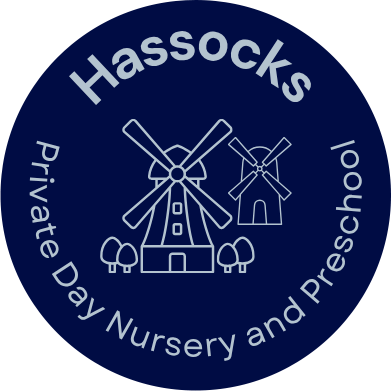How We Encourage Early Communication and Language in Babies
- Carly S
- Aug 6, 2025
- 2 min read
From those very first delightful coos and gurgles, your baby is starting an incredible journey into the world of language and communication. At our nursery, we understand that even before babies speak, they are absorbing sounds, watching faces, and learning to interact with those around them.
That’s why fostering early communication and language development is central to our care every day.
Why Early Communication Is So Important
Babies’ brains grow rapidly in their first year, soaking in sounds, facial expressions, rhythms, and tone of voice long before they can form words. These early experiences lay the groundwork for future language skills, confidence, and social connections.
In our nursery, we focus on warm, responsive interactions that help each baby feel understood and valued. This not only supports language development but also encourages a genuine desire to communicate.
Singing: A Musical Path to Language
You’ll often hear gentle singing throughout our baby room — this is purposeful! Songs and nursery rhymes are powerful tools for language learning.
The rhythm and repetition help babies pick up on sounds and patterns.
Action songs like “Wind the Bobbin Up” aid listening skills and encourage movement.
Singing face-to-face helps strengthen eye contact and emotional bonds.
Babies enjoy the comfort of familiar songs, and we love seeing their smiles, claps, and wiggles as they join in!
Story Time: Growing Bonds and Vocabulary
Story time is a cherished part of our daily routine, even for the youngest babies. We choose bright, tactile books with simple words and clear pictures. Reading slowly and expressively while making sure babies can see our faces helps them:
Improve listening and attention
Hear diverse words and tones
Develop an early love of books and stories
We encourage families to keep story time alive at home—it’s a wonderful way to bond and boost vocabulary.
Baby Signing: Helping Babies Speak Before Words
We incorporate simple baby signing, such as Makaton or British Sign Language, alongside speech to give babies a way to express themselves before talking.
Basic signs like “milk,” “more,” “finished,” and “please” allow babies to communicate their needs, which can:
Reduce frustration
Build confidence
Support earlier understanding of spoken language
Far from delaying speech, signing actually reinforces it by pairing gestures with sounds and meanings.
One-to-One Time: The Heart of Communication
We dedicate lots of quiet, focused moments with each baby—talking, listening, copying sounds, naming objects, and simply sharing time together.
These one-to-one interactions:
Encourage eye contact and turn-taking
Build trust and a sense of security
Help babies feel seen and understood
From nappy changes to cuddles, every interaction is a chance to connect and communicate.
Every Baby’s Unique Journey
Communication and language don’t start with the first word—they begin from day one. At nursery, we nurture this journey by tuning in to each baby’s unique style of expressing themselves and by providing a calm, language-rich environment for them to flourish.
We’re not just teaching words — we’re building relationships, supporting self-expression, and helping your child find their voice in the world.
And honestly? That’s something we think is truly wonderful




Comments